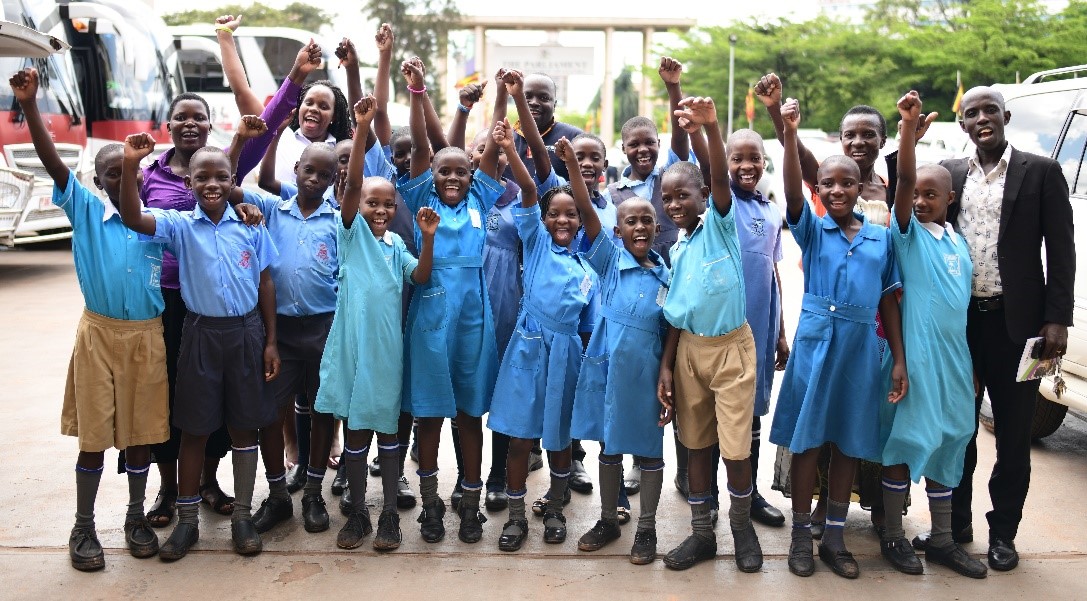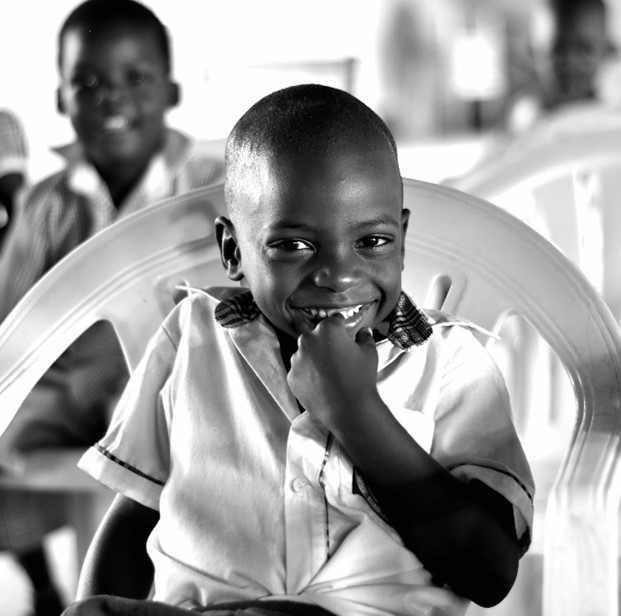Here we are again! Schools are reopening for another school term and the hustle and the bustle begins. Amidst the rush and the shopping, there is a need to ensure the safety of all children in school. There has been so much talk on social media about the safety and wellbeing of our children in school. This is critical if children are to enjoy their school experience and especially if they are to learn with excellence.
In schools, teachers and other school staff play a very significant role in pupil safety and child protection. The terms ‘child protection’ and ‘safeguarding’ are used synonymously. They are, however, slightly different. Child protection refers specifically to children who may be at a higher-risk of harm while safeguarding refers to all children — therefore all learners in schools.
Safeguarding should be the backbone of every school administration. CRANE trains schools regularly in child safeguarding and would like to help schools understand what it is and make suggestions on measures that can be taken to ensure that children are safe, well and thriving as they fulfill their God-given potential throughout this School Year.

Child safeguarding means protecting children’s health, wellbeing, welfare and human rights. It includes enabling them to live free from harm, abuse and neglect.
It also means creating a safe environment for people who come into contact with your institution or organisation from harm- people who benefit from your institution or organisation, children, your staff or your volunteers.
Here are 5 suggestions for the schools, parents and children that are important as they prepare to return to school, to ensure their safety.
To the school administrators;
- Create safe environments for children and young people through robust safeguarding practices like appointing a child protection lead and establishing safeguarding teams.
- Maintain an environment where children feel confident to approach any member of staff if they have a worry or problem.
- Invest in safeguarding education for both your staff and learners.
- Make a careful examination of what, in your area of work, could cause harm to people so that you can assess whether you have taken enough precautions or should do more to prevent harm.
- Develop and display a clear code of conduct that clearly defines to all the stakeholders what acceptable and unacceptable behaviour in the school is.
- Develop and clearly define to all the staff what the reporting procedure should be regarding a safeguarding concern. Think about when to report a concern, who to report to, how to respond, and what the follow up will be.
To the parents;
- Talk with your child about keeping themselves safe. It’s important to talk to children from a young age about where they can go to get help if they don’t feel safe or are worried about something.
- Your child should report any incident to a trusted adult in school and or to you.
To the children/learners/ students; (What should I do if I feel unsafe?)

- Everyone has the right to feel safe andbe protected. Please speak out if you don’t feel safe in your school.
- No one is allowed to threaten you, hurtyou or touch you in a way that makes youfeel uncomfortable. Please tell a teacher in your school or your parent/carer.
- Report your concerns to the nominated child protection lead in your school as soon as possible.
- Dial the toll free child helpline i.e. Sauti 116 to report any cases of abuse going on in your school.
What should I do if I am worried that someone I know is unsafe?
- Tell an adult you trust. This can be a teacher or any adult atyour school. They will be able to help your friend or theperson you are worried about.
- You can also tell your parent, carer, or any familymember or adult that you trust.
- Talk to an adult even if the person you are afraid of asks you not to. It is moreimportant to make sure that you or your friend issafe and protected.
As a school, do you have a safety plan in place? School safety is linked to improved student and school outcomes. Emotional and physical safety in school particularly, are related to academic performance. At the same time, students who are victims of physical or emotional harassment are at risk of poor attendance, course failure and school dropout.
For more information, please
Invite CRANE network to train your staff in safeguarding. Visit our website (https://www.cranenetwork.org/) for more details




